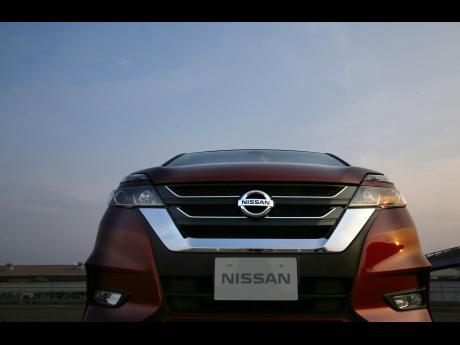Question: My Nissan motor car was involved in an accident late last year. Another car ran into its back. The estimated cost of repair is $600,000. I have several problems. The other vehicle is company-owned. The accident has not been reported to the other insurer as yet. Secondly, my insurer has offered two settlement options. The broker’s supposed claims adviser is hopeless. She has offered no advice. Finally, even though the accident was not my fault, the broker has said that the premium for insuring another vehicle will increase by 300 per cent. This is as a direct result of the claim. Can you please help? — GJ, Kingston 17
INSURANCE HELPLINE: The company that calls itself your broker is at the root of the problems. Even though it has a licence from the regulator which says it is a registered intermediary under the Insurance Act 2001, it is so in name only. Sadly, it doesn’t have a clue about the functions that professional insurance brokers should perform. Its primary purpose is to make money for its owners.
Insurance intermediation is a sideline. Brokers who put customers at the front and centre of everything that they do make lots more money. They stay in business longer than firms in the other group. How do I know this? I have been studying this type of business for decades and also worked with many of them.
NON-REPORTING BY THIRD PARTY
Drivers that rear-end other vehicles are almost always liable when these types of collisions occur. This was one of the points that last week’s column discussed. Not as well known is that insurers are prevented by law from paying claims where a vehicle is insured but the insured has failed to report the accident.
Non-reporting of an accident by a negligent third-party driver simply imposes a duty on the other party to prove that the mishap occurred.




Leave A Comment